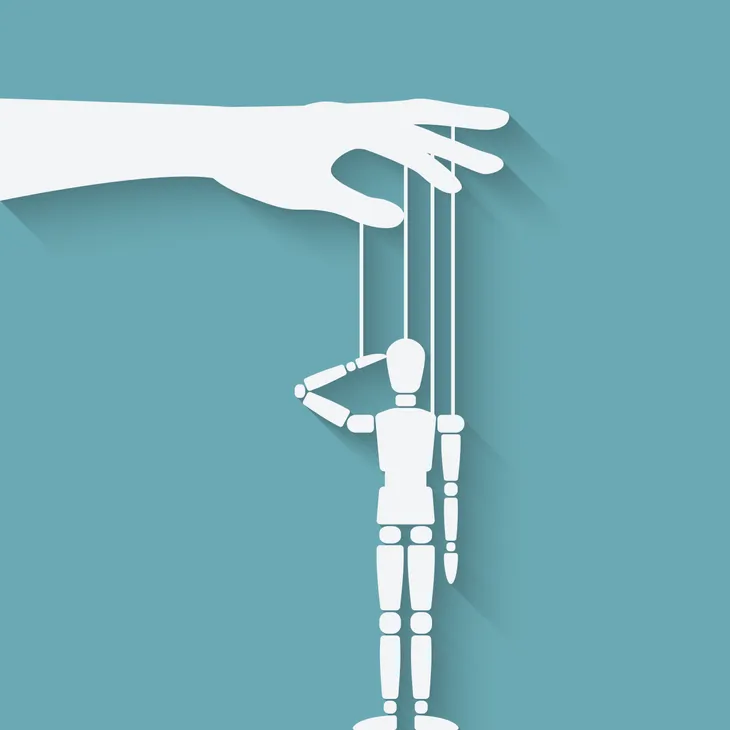Your brain is your CPU, so when something goes wrong with it, it can cause a lot of functions to go haywire. Sometimes the side effects of a brain disorder can be predictable – such as having cognitive or physical impacts – but other times, the symptoms of a brain disorder are downright strange.
Everything you experience is filtered through your brain, and people may suffer from certain conditions that completely change how they perceive reality. Let’s take a look at seven bizarre brain conditions and how they affect people…
1. Cotard’s Syndrome
Imagine not believing or being aware that you’re alive – that’s what people with this syndrome (also know as walking corpse syndrome) experience. ScienceAlert.com said that people with this brain disorder may believe their organs no longer function, and that they are actually dead.
Another spinoff of this condition is that patients think they’re immortal, adds the source. The individual case cited by the source seems to have originally stemmed from depression – so it’s no surprise that it explains antidepressants and antipsychotic medications (and even electroconvulsive therapy) are often prescribed to those with Cotard’s.
2. Mirror-Touch Synesthesia
Empathy is one thing, but having this particular condition takes it to a whole new level. The Huffington Post explains those with mirror-touch synesthesia can literally feel the pain of others (whereas empathy allows you to imagine how someone else is feeling).
This condition is apparently more common than you might think – the source says about 2 in 100-people have it. It happens when the “visual and tactile senses get mixed up,” and patients feel like they’re feeling touched when they see someone else being touched. You could imagine how this would extend to seeing someone get hurt.
3. Alien Hand Syndrome
This is a rare neurological syndrome, which is characterized in the loss of hand control – leading the patient to believe another being has taken possession of it. Unlike some neurological problems, alien hand does not affect the strength of the limb, but it can move on its own without the will of the person it’s attached to.
Unlike how this syndrome may have been portrayed in movies or media, a person affected by alien hand does not make spastic movements with their hand. Instead, the movements are “purposeful and coordinated,” explains NeurologyTimes.com, adding alien hands can pick up objects and touch the patient’s face, among other movements. A stroke can be one of the causes, as well as trauma and cancer, it adds.
4. Aphantasia
Your imagination is one of your most powerful gifts – however, the BBC explains that those with this condition can’t picture images in their mind’s eye. Apparently this condition was discovered only a couple of years ago, notes the source.
This can also affect a person’s ability to conjure images of things that should be familiar to them – like their partner’s face or scenes from their wedding day. However, the patient may still be proficient at recalling facts, adds the article.
5. Exploding Head Syndrome
The name of this syndrome may be worse than it actually is – we mean, your head won’t actually explode. However, sufferers on this condition will often hear explosions in their head that aren’t real, explains ScienceAlert.com.
“People with this rare problem perceive a loud bang, like a bomb exploding, a gunshot, or some other deafening noise that seems to originate inside their head,” notes the source. Fortunately, there is no physical pain or swelling that’s associated with it – and while experts don’t know exactly what the root cause is, some suspect it’s stress or fatigue, it adds.
6. Capgras Syndrome
Medscape.com explains this syndrome is named after a French psychiatrist, and is characterized “by a person’s delusional belief that an acquaintance, usually a spouse or other close family member, has been replaced by an identical looking impostor or several doubles.”
This syndrome is most often reported in patients who have schizophrenia, as well as those with dementia, epilepsy or who have suffered a traumatic brain injury. Antipsychotic medications are often applied, or whatever other treatment is most appropriate to the underlying cause, adds the source.
7. Alice in Wonderland Syndrome
Yes, there’s even a brain disorder named after the fabled tale of Alice in Wonderland, and it shares what Alice experiences in the story when she drinks the bottle marked “drink me,” explains WebMD. For patients with this condition, “there are times when the world doesn’t look like it should.”
Symptoms include perceiving objects to be bigger than they really are (which is how Alice would have felt after she shrank in the story), as well as seeing straight lines as wavy, or inanimate objects that move, adds the source. Colors may change or look unusually bright, and people’s faces might look distorted, it notes. The syndrome was actually coined in 1955 by a psychiatrist looking to explain “odd” symptoms he’d heard from people treated for migraines or epilepsy.










